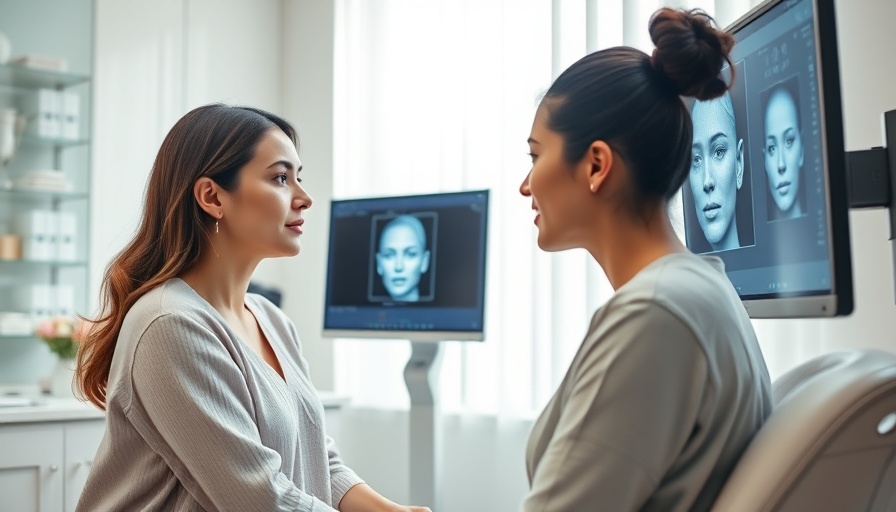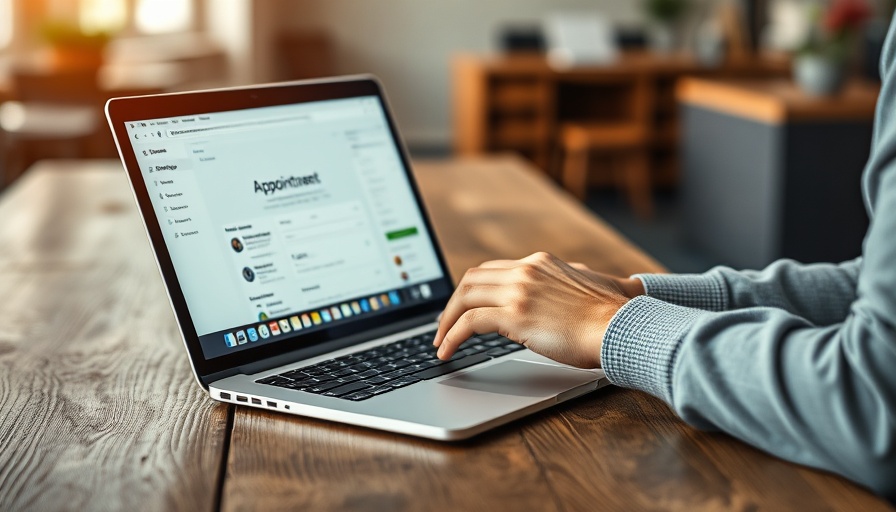
Introduction
In the realm of medical aesthetics, consultations serve as the critical foundation for successful treatments. A comprehensive consultation not only assesses a client’s needs but also builds trust, enhances communication, and ultimately leads to better treatment outcomes. However, many medical spas overlook the importance of adequately training their teams to master these pivotal interactions.
For medical spa owners, investing in effective consultation training can enhance client satisfaction while boosting revenue significantly. As revealed in a recent analysis at AesthetiCare, the consultation room is where the highest value is generated and where relationships between providers and clients are forged. Understanding the techniques for improving consultations can transform prospective patients into loyal clients.
This article discusses actionable tips for training your team to deliver effective consultations, ensuring they become proficient communicators and trusted advisors to your clients.
The Importance of Structure
One of the most common pitfalls in consultations is the absence of a standardized approach. A consistent structure not only builds confidence within your team but guarantees a thorough and uniform experience for every client.
| Key Points | Solutions |
|---|---|
| Inconsistent consultation formats lead to confusion. | Implement a standardized consultation guide. |
| Team members lack confidence when consultations are not structured. | Train staff on the steps of a well-defined consultation process. |
| Clients may not receive the same quality of care. | Establish quality assurance measures to maintain standard practice. |
| Different styles in consultations can jeopardize team trust. | Encourage collaboration among team members to enhance cohesiveness. |
By developing a structured approach, medical spas can enhance client satisfaction, minimize errors, and maximize effectiveness during consultations. This structure can be customized, but all staff should align on the consultation process.
Building Communication Skills
Successful consultations also hinge on superb communication skills. Your team must not only know what to say but how to engage effectively with clients.
| Key Points | Solutions |
|---|---|
| Poor communication can lead to misunderstandings. | Conduct communication workshops for staff. |
| Clients may not feel valued if they're not engaged. | Implement active listening techniques in every consultation. |
| Misinterpretations can occur when staff lack clarity. | Utilize role-playing exercises to practice scenarios. |
| A lack of empathy can hinder rapport building. | Train staff to express empathy and concern. |
Training your team to enhance their communication skills can vastly improve patient perceptions and experiences during consultations.
Utilizing Feedback
Another crucial aspect of training is providing an avenue for feedback. Both clients and team members should feel comfortable sharing their experiences and suggestions.
| Key Points | Solutions |
|---|---|
| Lack of regular feedback can lead to stagnation. | Schedule regular check-ins and discussions. |
| Staff may feel marginalized without their input. | Encourage open discussions about challenges. |
| Client suggestions can enhance service quality. | Create client feedback forms to gather insights. |
| Misalignment on goals can lead to inefficiencies. | Align feedback with consultation goals for improved clarity. |
Soliciting feedback not only encourages a culture of improvement but also increases team engagement and client loyalty.
Continuous Education and Training
The healthcare landscape is always evolving. Continuing education ensures that your team stays ahead with the latest techniques and practices.
| Key Points | Solutions |
|---|---|
| Static training can lead to outdated practices. | Implement ongoing training sessions. |
| Team members may miss opportunities for personal growth. | Provide opportunities for specialized training and certifications. |
| Boredom can affect engagement levels in training. | Integrate varied learning methods (e.g., workshops, e-learning). |
| Not keeping up with trends can compromise service quality. | Encourage attendance at relevant conferences and seminars. |
By prioritizing ongoing education, medical spa owners can foster a knowledgeable team that remains competitive and relevant within the industry.
Conclusion
Training your team to provide effective consultations is crucial for success in the increasingly competitive medical spa industry. By instilling a structured approach, enhancing communication skills, facilitating feedback, and ensuring continual education, you bolster both the client experience and the financial success of your practice.
Actionable Steps to Implement Today
- Develop a standardized consultation guide for your team.
- Schedule regular feedback sessions with both staff and clients.
- Invest in continuous training opportunities for your staff.
- Encourage open communication and collaboration among all team members.
Frequently Asked Questions
-
Why is structured training important for consultations?
Structured training ensures consistency in delivering quality consultations, which builds client trust and satisfaction. -
How can I encourage open communication among team members?
Implement regular team meetings and activities that foster a culture of sharing and openness. -
What are some effective methods for providing feedback?
Feedback can be offered through one-on-one sessions, anonymous surveys, and regular team discussions.
 Add Row
Add Row  Add
Add 




 Add Row
Add Row  Add
Add 

Write A Comment